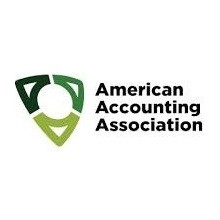
دانلود مقاله محیط کار مشتری و حسابرسی شرکت
Abstract
We obtain a novel dataset of workplace satisfaction ratings submitted by about 100,000 employees working for large public U.S. companies. We document that lower workplace ratings are associated with higher audit fees and longer audit report lags. Lower workplace ratings also increase the likelihood of firms receiving modified going concern opinions. Our study shows that organizational workplace environments affect auditor risk assessments and auditing outcomes and provide insights for practicing auditors and corporate executives. Our interviews with practicing auditors at large U.S. accounting firms also provide insights as to how workplace quality affects the corporate audit.
Introduction
Employee perceptions affect organizations. If employees perceive their work environment as positive, they are more satisfied with their job, more engaged, and more productive (Huselid 1995; Harter, Schmidt, and Hayes 2002). Discontent employees are more likely to alienate customers, commit misconduct, and damage their company’s brand. External auditors understand that a good climate is crucial for sustaining competitive advantages. The Big Four auditing firms, in particular, have shown heightened interest in understanding workplace productivity.
In 2012, KPMG International canvased hundreds of executives from around the globe to study how human resource departments can become a strategic partner to the business. In 2013, Ernst and Young explored how companies can maximize performance by actively managing the interplay between generations in the workforce. Two years later, Ernst and Young documented the increasing difficulties corporate workers face in managing work-life balance and opportunities for advancement. Deloitte found in 2014 that information overload and hyperconnectedness overwhelm corporate employees, undermine their productivity and reduce their engagement. Deloitte has since advocated that corporations simplify their work environments and allocate more time for thinking and solving problems. While external auditors understand that a client’s workplace climate is an important intangible asset, few accounting researchers have systematically examined whether auditors assess their clients’ workplace environment.
